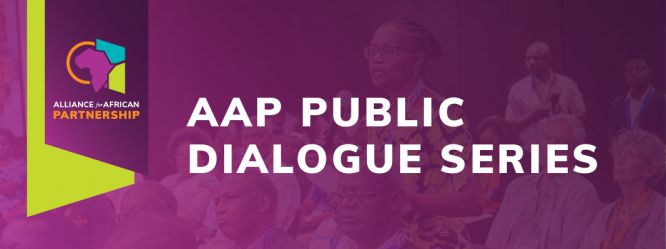
8:00AM - Welcome remarks & introduction of dialogue
• Dr. Cassandra Veney, Professor and Chair, Dept of International Relations, US International University, Kenya (USIU)
• Dr. Upenyu Majee, Manager, Ubuntu Dialogues Project, African Studies Center, Michigan State University
8:05AM - Opening Remarks:
Dr. Pero G. Dagbovie, University Distinguished Professor & Associate Dean, The Graduate School, Michigan State University - Reflections on the Black Historical Experience
8:20AM - Jabbar R. Bennett, Vice President & Chief Diversity Officer, Michigan State University
8:30AM - Norman Duncan, Deputy Vice-Chancellor, University of Pretoria, South Africa
8:40AM - Funmi Olonisakin, Vice President International, Kings College London, United Kingdom
8:50AM - Ana Flávia Magalhães Pinto, Professor, Dept of History, University of Brasília, Brazil
9:00AM - Sharron Reed-Davis, President, Black Student Alliance, Michigan State University
9:10AM - Q&A Session
9:25AM - Monique Kelly, Assistant Professor, Dept of Sociology, Michigan State University
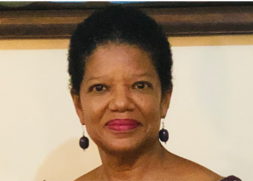 Dr. Cassandra Veney
Dr. Cassandra Veney
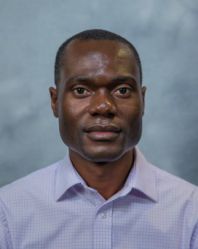 Dr. Upenyu Majee
Dr. Upenyu Majee
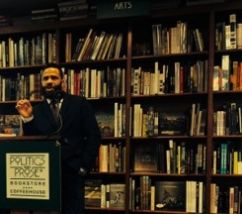
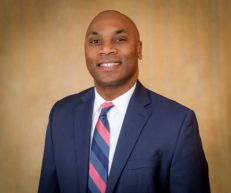 Dr. Jabbar R. Bennett
Dr. Jabbar R. Bennett
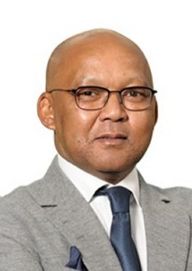 Dr. Norman Duncan
Dr. Norman Duncan
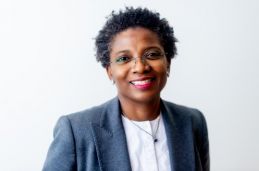 Dr. Funmi Olonisakin
Dr. Funmi Olonisakin
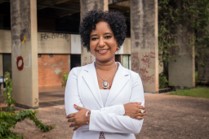 Dr. Ana Flávia Magalhães Pinto
Dr. Ana Flávia Magalhães Pinto
 Sharron Reed-Davis
Sharron Reed-Davis
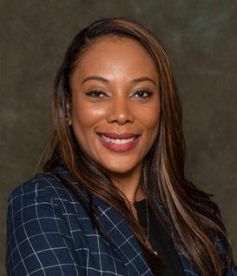 Dr. Monique Kelly
Dr. Monique Kelly
Racism and other longstanding inequities came to the forefront in the US in summer 2020 and prompted a global outcry against racial injustice. People from across racial and other divides rose up in protest in every US state and in countries in Africa and the global African diaspora in solidarity with the US, but also against injustices in their own countries. Even though there has been progress and symbols of racial reconciliation in some countries, until there is recognition that systemic racism exists, and is still deeply embedded in the very structures and fabric of many social, political, economic, educational, judicial, and religious institutions, reconciliation will still remain an idea. While not new, the call for racial justice has taken on a new urgency and is having an impact on institutions and sectors of all types— including higher education, as they are tasked with empowering critical thinking in students, many of whom were part of the 2020 protests in the US. This dialogue will provide the much needed opportunity for the leadership and other experts at universities across the globe to come together for sustained discussion of how higher education is—or ought to be—responding to this moment of racial reckoning.
The dialogue will focus specifically on the nature and responses to racial injustice in Africa and the diaspora in the US, Europe, Latin America and the Caribbean. A panel of leaders will share their perspectives and responses in a frank discussion of the ways in which higher education institutions may unknowingly perpetuate structural racism, the current global race relations and its role in increasing racist actions, and examine what should be done to create meaningful change. We will examine issues that affect diaspora populations, as well as the legacies of apartheid and colorism and how they play out in the context of university policy priorities. We will also look at how faculty and students at universities are being prepared to address race and ethnicity issues in and outside the classroom and the ways in which we must meaningfully ensure student voices and advocacy are part of the solution in institutional change.